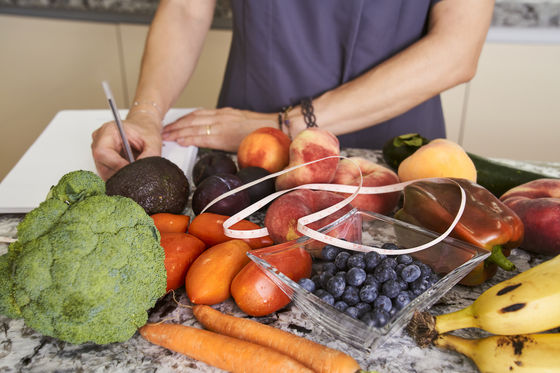What are the points to keep in mind when describing 'food' in a story?

Whether writing fiction or essays, ``meal'' scenes often appear as symbols of everyday life. Essayist and food writer Alicia Kennedy explores the depth and complexity of depictions of food and eating.
Alicia Kennedy on Navigating the Thorny Terrain of Food Writing ‹ Literary Hub

When describing food, even issues that at first glance may seem unrelated to food, such as deforestation for industrial production or the destruction of mangroves for fishing, become relevant to readers' familiar foods. By writing about food, Kennedy empowers readers to think beyond the menus they see in kitchens and restaurants, and about complex issues such as labor rights, climate change, biodiversity issues, and corporate greed. He says it can be encouraging.
In the preface to his book No Meat Required: The Cultural History and Culinary Future of Plant-Based Eating, Kennedy writes, ``It's hard to trust someone on the subject of food.'' 'need to know about the person's personal dietary history and appetite.' This is a way of thinking that emphasizes the purpose of food in your life.

Mr. Kennedy also expresses how he empathizes with readers by entrusting them with not only words, but also their bodies, their tastes, and the time they spend on the cutting board. Mr. Kennedy believes that when writing about food as an essayist, cultural critic, or food writer, it is necessary to make the reader think about ``what I eat.'' Sometimes you need to try to give precise instructions on how to make a dish, and after all, the way to get to know the food well enough to feed your readers is to try making it yourself or eating it yourself. This dilemma between writer and reader is an important point in writing about food.

Mr. Kennedy is a former vegan who once owned a bakery catering to vegans, and in his books he deepens understanding of the history of vegan culture and research into alternative foods, as well as discussing radical aspects. Mr. Kennedy also has experience working at coffee shops and wine bars, which he says has helped him gain knowledge and awareness about cooking.
Kennedy said he had 'no particular allegiance' to his food background, but added, 'There was a lot of experience I had, not just as an eater, but as a server and a chef, and my love for good food. All of this is useful knowledge from my point of view,'' he says of the importance of drawing on his own experiences when writing about food. Kennedy says that even if you write in a cultural history-like style, you can create an excellent way to write about food by incorporating memoir-like elements that draw on your own experiences and obsessions, without limiting yourself to objective references. is talking.

Related Posts:
in Note, Posted by log1e_dh







